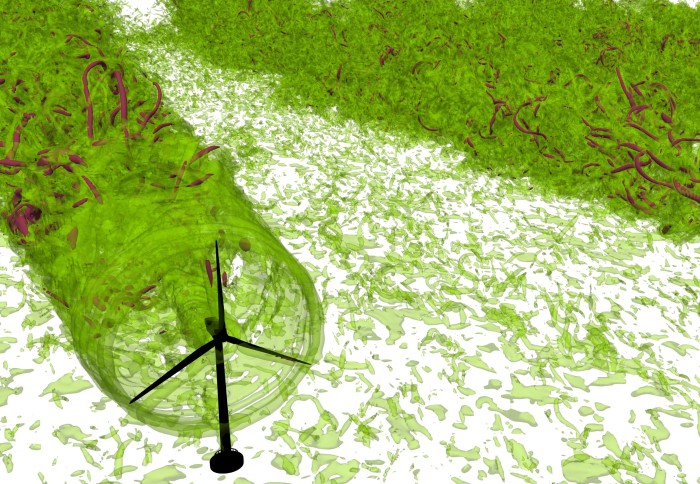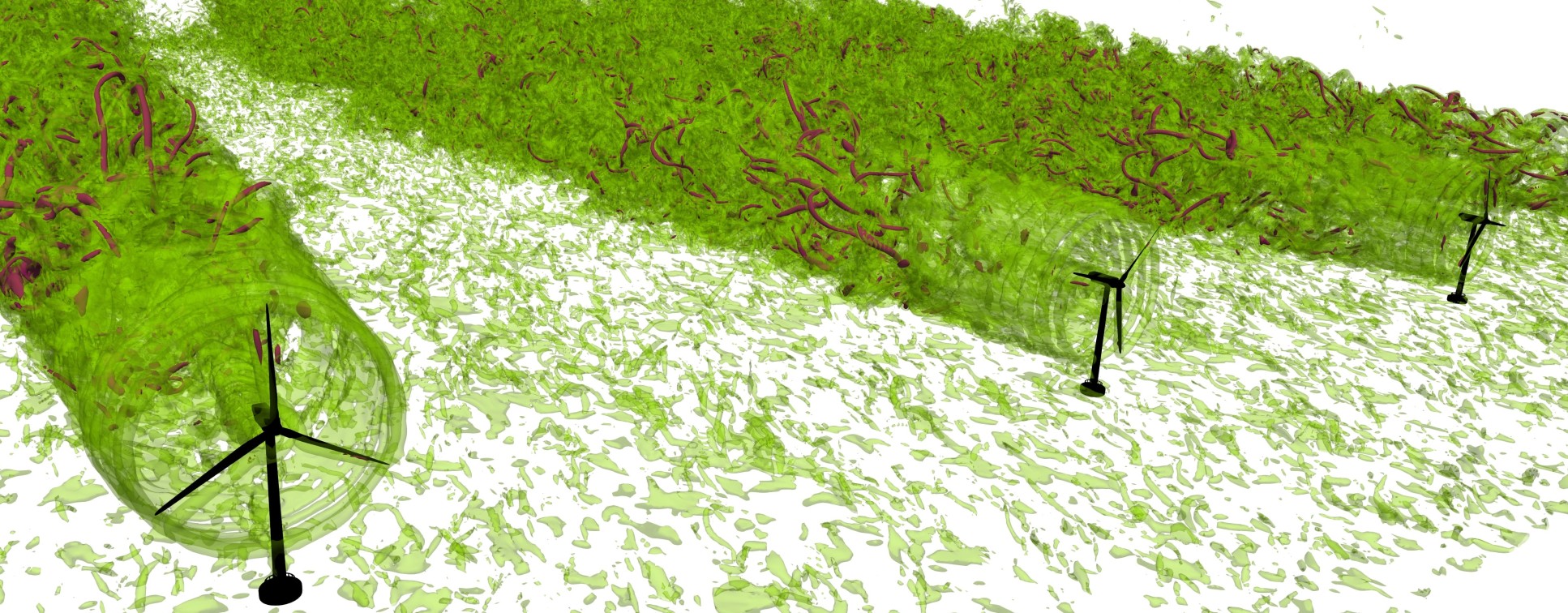
Global S&T Development Trend Analysis Platform of Resources and Environment
| Imperial experts win £1.5m to use supercomputers for greener UK society | |
| admin | |
| 2021-12-21 | |
| 发布年 | 2021 |
| 语种 | 英语 |
| 国家 | 英国 |
| 领域 | 资源环境 |
| 正文(英文) | 

Two Imperial College London teams have won a combined £1.5 million from EPSRC to harness the power of supercomputers for a greener society. The teams were selected by the Engineering and Physical Sciences Research Council (EPSRC) as part of the UK ExCALIBUR initiative. ExCALIBUR is a £45.7m programme that aims to deliver the next generation of high-performance simulation software for high-priority fields in UK research such as transport, energy, and air quality. Supercomputers for turbulenceDr Sylvain Laizet of Imperial’s Department of Aeronautics has received £1 million to redesign computational fluid dynamics (CFD) flow solvers and develop supercomputer-ready algorithms for studying turbulent flows. The team will focus on four key areas for the UK: wind energy, green aviation, air quality and net-zero combustion. Many of the environmental and energy-related issues we face today cannot possibly be tackled without a better understanding of turbulent flows. Dr Sylvain Laizet Department of Aeronautics All fluids, such as water and air, experience turbulence – but despite its prevalence and ability to affect these systems, turbulence is challenging to study due to its chaotic and inherently multi-scale nature. In wind turbines, turbulent wakes can reduce power generated by 10 to 25 per cent. This is because of both slower wind speeds and extra fatigue on the machinery from upstream turbulent wakes. Understanding and controlling turbulent flows is crucial for reducing the ecological impact of technologies ranging from engineering applications to environmental technologies. Using the latest generation of supercomputers, also known as exascale systems, the researchers will study how to manipulate turbulent flows in engineering applications related to wind energy, green aviation, air quality and net-zero combustion. These often involve the interaction of turbulence with ‘shocks’, for example due to the high speeds achieved by space re-entry vehicles and scram jets, and studying turbulent flows in the presence of surface roughness and its effect on the efficiency, economy and emissions of vehicles, such as ships crossing choppy seas. Dr Laizet said: “Fluid flows play a crucial role for our transportations and our industries. Many of the environmental and energy-related issues we face today cannot possibly be tackled without a better understanding of turbulent flows. Exascale computing will contribute to this and help to make the UK a greener nation." Also on the team are Dr Maarten van Reeuwijk from the Department of Civil and Environmental Engineering and Dr Luca Magri from the Department of Aeronautics, as well as academics from the Science and Technology Facilities Council and the Universities of Cambridge, Newcastle, Southampton, and Warwick. 
Supercomputers for system-level simulationDr David Ham from the Department of Mathematics has received nearly £500,000 to use supercomputers in developing automated code generation for computer simulations. Code generation makes supercomputing accessible to individual scientists and engineers, enabling innovation at every scale and for every application. Dr David Ham Department of Mathematics Developing simulation codes can take months or years for researchers, so speeding up this process is crucial in applying supercomputer-scale simulation to the full range of science and engineering that could benefit. Using automated code generation, scientists and engineers specify the equations to put into the computer, which then creates simulation software automatically based on these parameters. The team plan to apply this to advanced battery technology for the green economy, flow simulations for advanced forms of greener aircraft, and high frequency wave simulations for fields such as microelectronics and medical ultrasound. Dr Ham said: “The hundreds of millions of pounds that an exascale machine will cost will be wasted if only a few “hero applications” can use it. Code generation makes supercomputing accessible to individual scientists and engineers, enabling innovation at every scale and for every application.” Also on the team are Professor Paul Kelly from the Department of Computing, as well as academics from the Universities of Cambridge, Oxford, and Durham. - Image: Georgios Deskos (NREL, US) & Sylvain Laizet (Imperial) |
| URL | 查看原文 |
| 来源平台 | Imperial College London |
| 文献类型 | 新闻 |
| 条目标识符 | http://119.78.100.173/C666/handle/2XK7JSWQ/343982 |
| 专题 | 资源环境科学 |
| 推荐引用方式 GB/T 7714 | admin. Imperial experts win £1.5m to use supercomputers for greener UK society. 2021. |
| 条目包含的文件 | 条目无相关文件。 | |||||
| 个性服务 |
| 推荐该条目 |
| 保存到收藏夹 |
| 查看访问统计 |
| 导出为Endnote文件 |
| 谷歌学术 |
| 谷歌学术中相似的文章 |
| [admin]的文章 |
| 百度学术 |
| 百度学术中相似的文章 |
| [admin]的文章 |
| 必应学术 |
| 必应学术中相似的文章 |
| [admin]的文章 |
| 相关权益政策 |
| 暂无数据 |
| 收藏/分享 |
除非特别说明,本系统中所有内容都受版权保护,并保留所有权利。
修改评论